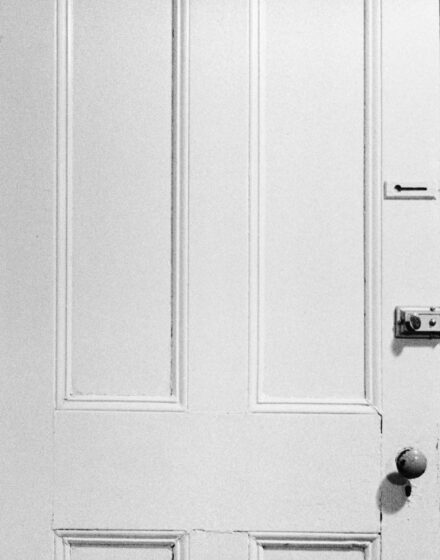Exploded View | Michael Snow’s Cover to Cover

By Chuck Stephens
When I was young, people spoke of immorality.
All the things they said were wrong are what I want to be.Over, under, sideways, down, (Hey!)
I bounce a ball that’s square and round.
When will it end?
—The Yardbirds, 1966
Scrutable curio and irresistible objet, Michael Snow’s 1975 “artist’s book” Cover to Cover—a conceptual photo-roman slash slow-motion flipbook with a fabulous Möbius-twist partway through—has been at last rescued from pricey, collector’s-only rarefication: reified and republished in an affordably priced new edition of only 2,500 copies, just in time for Christmas, by those merry stocking-stuffers at Light Industry and Primary Information. Oh, what a lovely thing! Clever and curious, compelling and baffling, both highbrow tease and hippie noodle, Cover to Cover is packed as thick as its title promises with competing conundrums.
For starters, it’s a book about the making, marketing, and meaning of the very book you’re “reading,” and read it you must: Snow’s book demands ever-increasing interpretation in the face of its apparently bland daily-life documentation, though there’s never any actual reading involved. In it, two photographers shoot Snow and his environs from opposing angles as he moves through his house, his world, his book, this book, and his place in it as an artist. Their grainy b/w 35mm stills are each printed full-page, the book’s every leaf a “recto-verso” of a suspended spatial moment in some staggered progress which we suspect will eventually reveal its ruling system, though as in the author’s films, rules are made only to be broken.
Suggestive in various ways of everything from the scramble-able narrative of Julio Cortazar’s Hopscotch to the louche laconicism of a page of National Lampoon’s Foto Funnies (minus the boobs and the word balloons), Cover to Cover is in fact less about how a book is read than how it’s handled. When’s the last time you held a book that turned itself upside down while you were holding it, thus compelling you to turn the thing over yourself, only to find figures inverted, cars driving backward, endings that show us how to begin again…until you wonder if you’re still reading the thing right at all, or if there is a right way, or at least a right way to go wrong? Trust me: you must have this book, if only to experience the inevitability of it having you.
If you’re a reader of this column you’re no doubt already on Snow’s frequency. The Canadian free improviser and pre-punk proto-structuralist is one of cinema’s pre-eminent radicals, and has been for more than a half-century now. Wavelength, his protean 1967 masterwork—in which the mechanics of an achingly slow and yet patently impatient 43-minute camera zoom and the urgencies of a Hitchcockian murder mystery dissolve into an ocean of frozen moments in the middle of lower Manhattan: strawberry reels forever—remains one of the 20th century’s greatest film experiments and experiences. Once seen, you cannot imagine cinema without it again.
Originally published the year after Snow-the-filmmaker completed his triple-feature-length exploration of film sound, “Rameau’s Nephew” by Diderot (Thanx to Dennis Young) by Wilma Schoen (1974), Cover to Cover seems somehow more conceptually in sync with the slightly earlier La région centrale (1971), wherein Snow strapped his movie camera onto a motorized, ever-pivoting, sea-sickeningly rhythmical, motion-pre-programmed camera-mount and set it “free.” Cover to Cover similarly flirts with, and denies, or at least terribly complicates, notions of liberation: freeing the reader to grasp the strictures of left-right or right-left pagination systems in books more generally, freeing this very book’s orientation from our very fingers as we progress through it, freeing us to wonder at precisely which moment in the book’s conception, construction, and consumption we presumptively, page by page, moment by moment, are. And all the while keeping us cognizant that, as free as this dryly funny, deeply suggestive book may make us feel, well…freedom’s just another word for one more page to turn. When will it end? Who knows? Turn the page.
Chuck Stephens- « Previous
- 1
- 2


